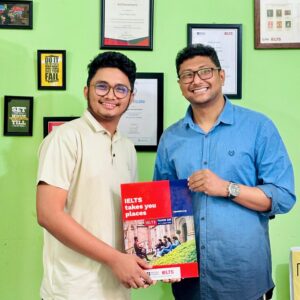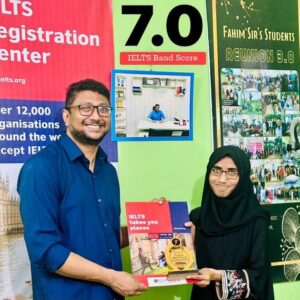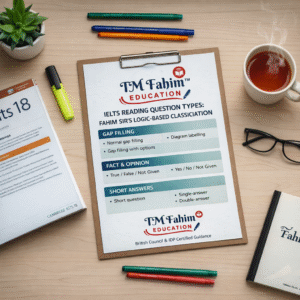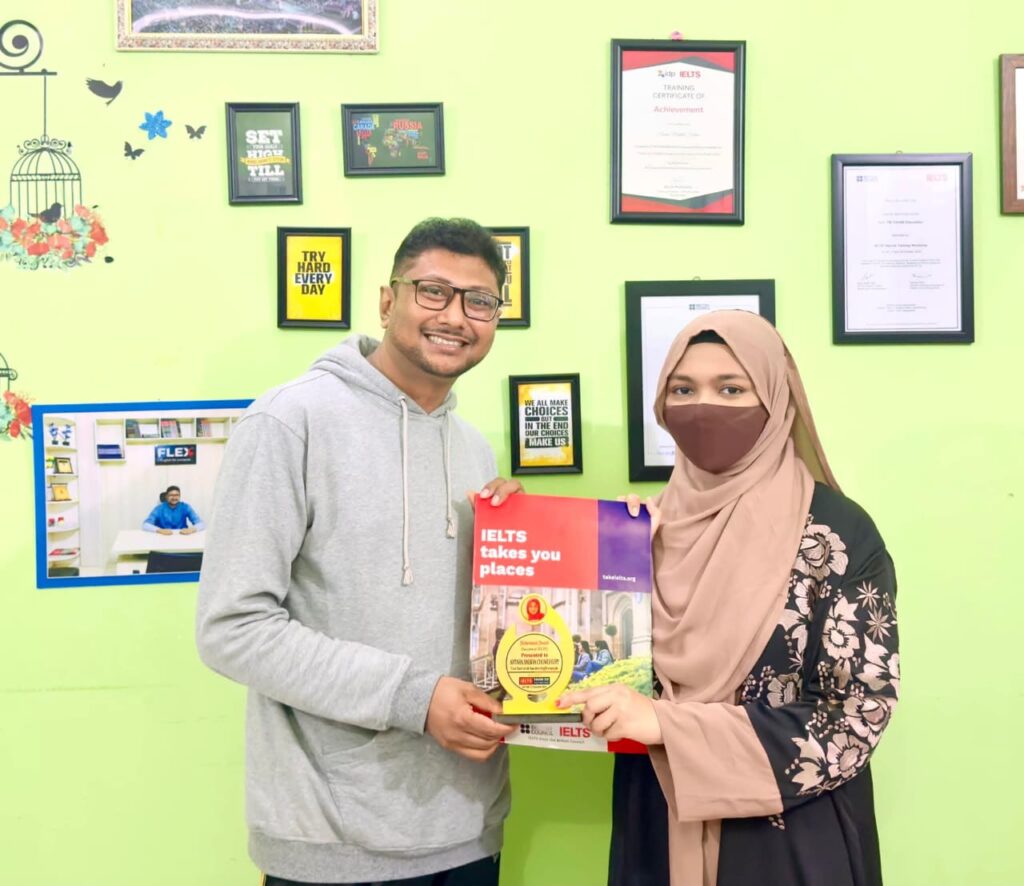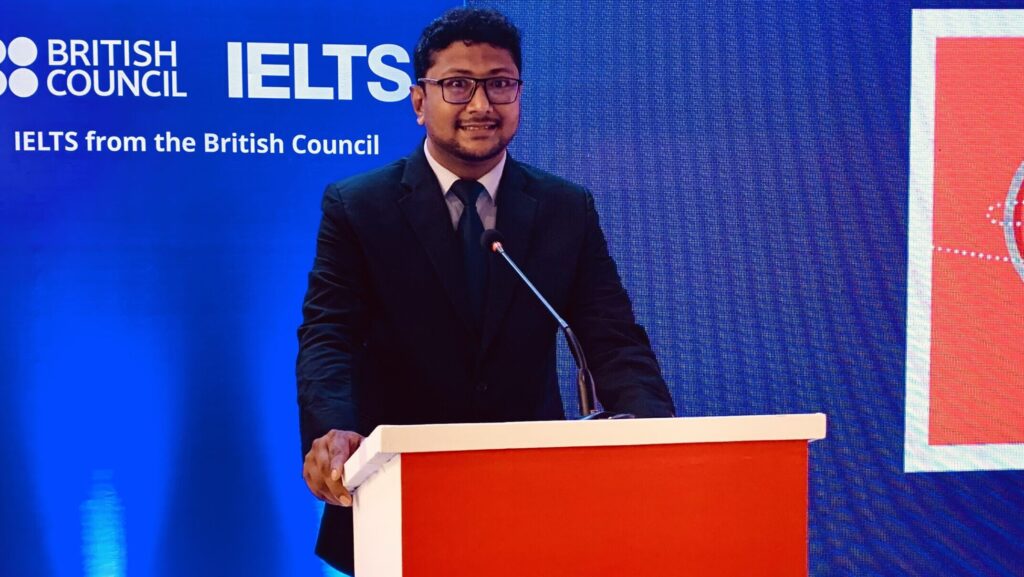IELTS Listening Part 2, featuring a monologue or guided talk (like a tour or event briefing), is a major challenge for many students. Success in this section—which covers Multiple Choice Questions (MCQ), Map Labelling, and Matching—depends entirely on your ability to predict and stay focused.
This guide provides the essential strategies and vocabulary you need to master these three key question types and secure a high band score.
1. Actionable Strategies for Question Types
Part 2 includes 10 questions and is played only once. Your listening must be active and anticipatory.
A. Multiple Choice Questions (MCQ): Beat the Distractors
MCQs often test your understanding of nuance, not just keywords. The speaker will frequently mention all three options, but only one will be correct; the others are traps (distractors).
| Strategy | Action Point |
| Pre-Reading Focus | Underline the key differences among the options. Do not underline the similar words. |
| Listening Alert | Listen for synonyms or paraphrasing of the options, not exact word matches. |
| Trap Indicators | Pay close attention to words that change the meaning or indicate a contradiction, such as but, however, initially, or now. |
| Avoid Rushing | Never write down the answer immediately. Wait until the speaker finishes the thought to ensure the information isn’t contradicted. |
Example: “Initially, the center was available to all students, but now it is reserved only for graduates.” The correct answer must relate to the current status.
B. Map & Plan Labelling: Master Directional Language
This task requires you to visualize a space (like a building or a park) and follow a descriptive route.
| Strategy | Action Point |
| Familiarization | Quickly study the map. Identify the starting point (e.g., the entrance) and any pre-marked landmarks. |
| Spatial Awareness | Listen carefully for prepositions and phrases that describe location and movement. |
| Sequential Flow | The speaker will describe locations in a logical sequence. If you miss one spot, use the next landmark mentioned to quickly get back on track. |
Essential Map Vocabulary: Go straight ahead, turn left/right, at the corner, beside, opposite, across from, adjacent to, at the far end, along the corridor.
C. Matching: Focus on Connecting Relationships
Matching questions require you to link two sets of information (e.g., matching a name to a preference, or a building to its purpose).
| Strategy | Action Point |
| Scan Both Lists | Read both List A (e.g., names) and List B (e.g., activities) before the audio starts. |
| Identify Keywords | Focus on the words that define the relationship you are listening for (e.g., prefers, suggests, suitable for). |
| Paraphrasing | Expect the speaker to use descriptive language. If the option is “suitable for quiet work,” the speaker might say, “This room is ideal for independent study.” |
2. Best Practices for Note-taking and Focus
To succeed in Part 2, your listening style and note-taking habits are critical.
The Focus Mindset
- Predict: During the reading time, predict what kind of information you need (a location, a time, an opinion, etc.). This makes your brain actively search for the answer.
- Order is Key: Remember that the answers appear in the order of the questions within the section. Use this fact to track your progress.
Efficient Note-taking
Avoid writing full sentences, which slows you down. Use abbreviations and symbols for speed:
- Directions: → (straight ahead), ↺ (turn left), Opp (opposite), Adj (adjacent).
- Concepts: Info (information), Dev (development), Ctr (center), Max (maximum).
- Location: Use initial letters (e.g., L= Library, C= Cafe) or simple diagrams, especially for maps.
3. Final Preparation Checklist
Before the recording starts, ensure you have done the following:
- Underline Keywords: Quickly underline only the most critical, distinctive words in the questions.
- Anticipate Speed: Be ready for the speaker to speak quickly or try to confuse you by mentioning the wrong option first.
- Spelling: Be mindful of common spelling variations (e.g., center vs. centre or theatre vs. theater) that might appear in the options.
As your trusted mentor, I always emphasize that Listening is not hearing; it’s understanding what’s coming next. Practice these techniques consistently with official materials, and you will dramatically improve your score.

